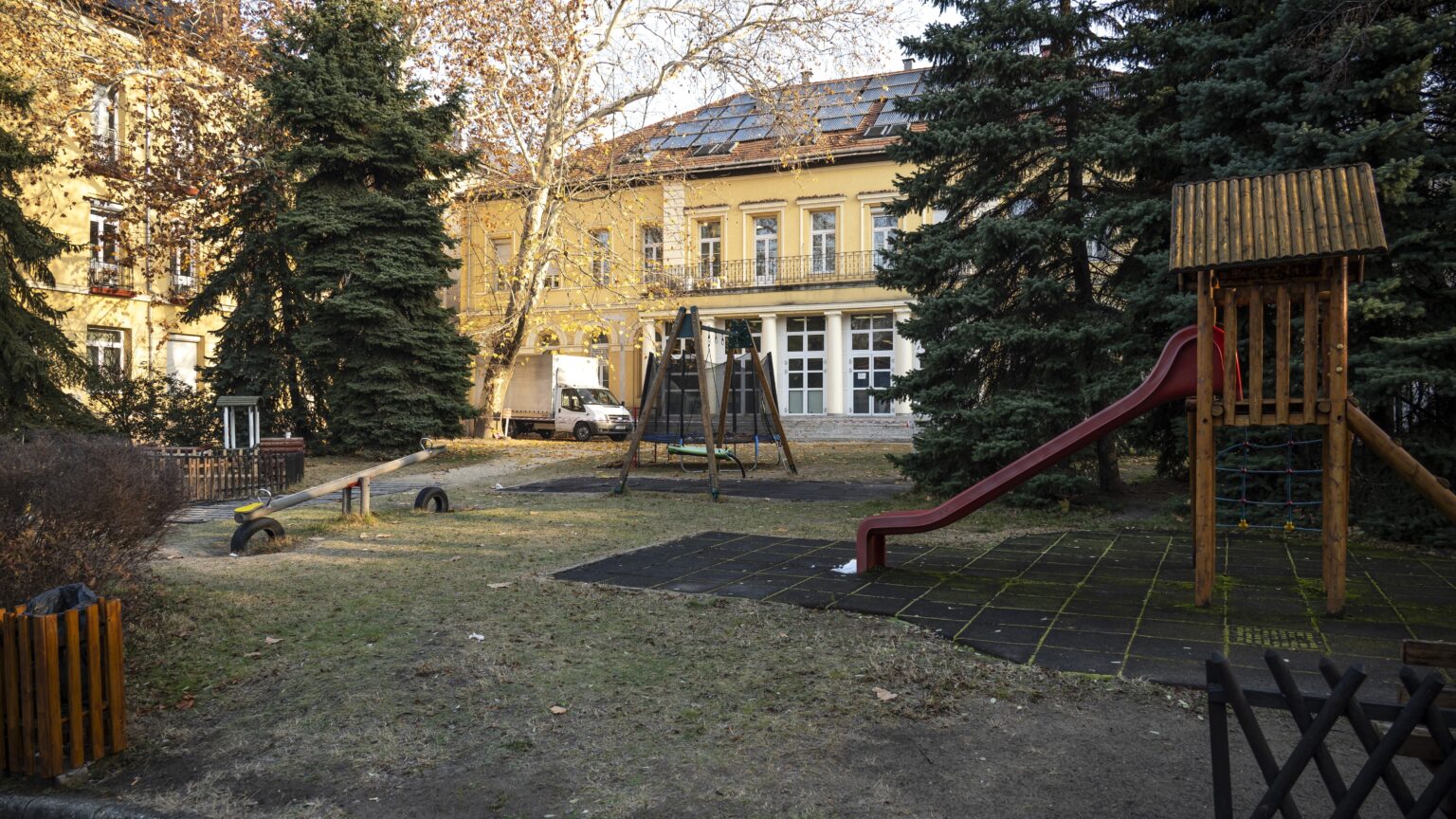
Hungary’s Media Authority (NMHH) and the Bethesda Children’s Hospital have signed an agreement to promote healthier digital habits among children through joint research, educational campaigns, and new guidelines to reduce screen time.
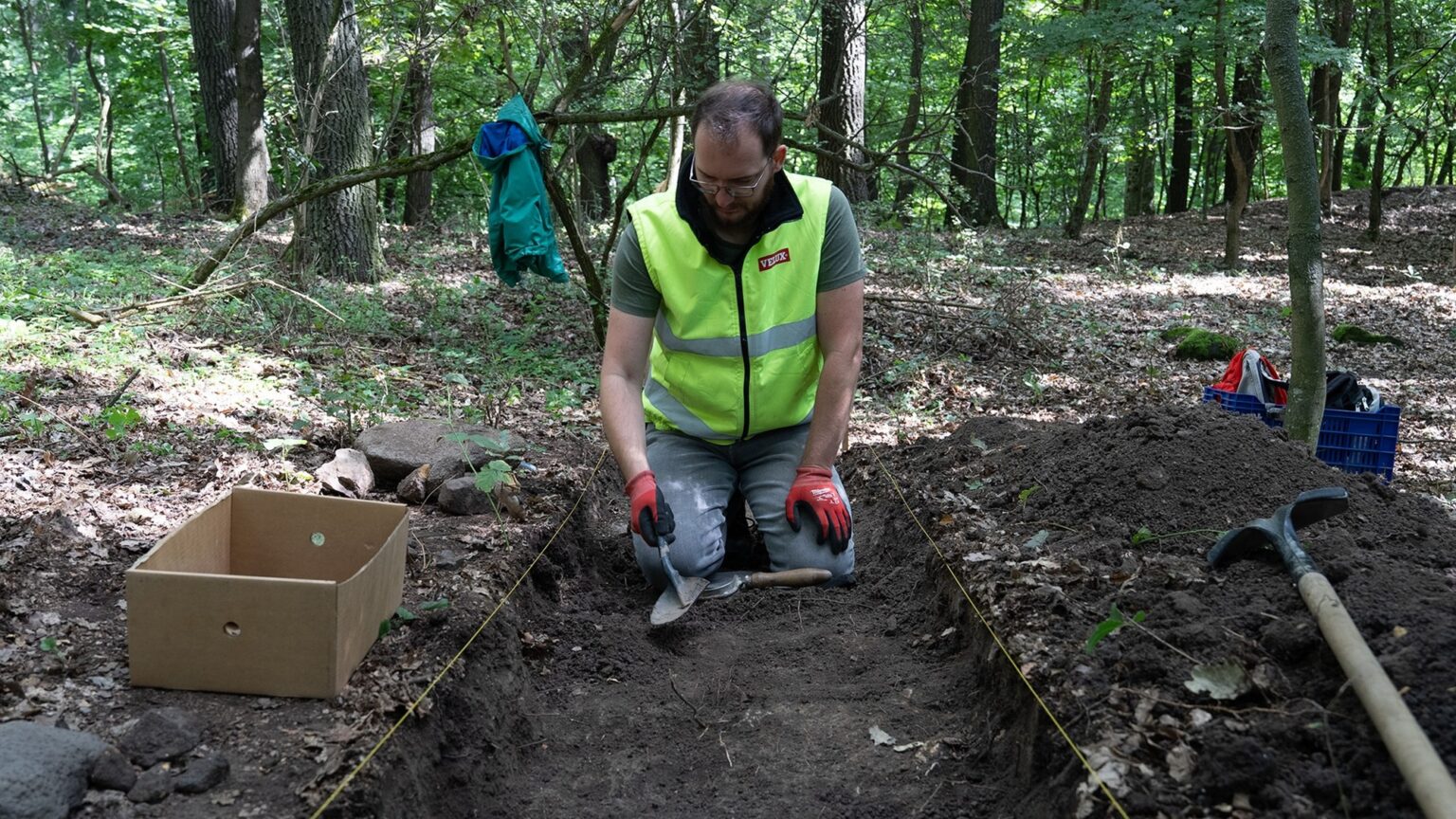
Archaeologists near Salgó Castle in Salgótarján, Hungary, have uncovered remarkable treasures. Finds include medieval artefacts like lead bullets, crossbows, and pottery, as well as prehistoric objects just one meter (three feet) underground. The discoveries will be showcased in a museum exhibition next April.

The Hungarian Pavilion emerged as one of the biggest attractions at the 2025 Osaka World Expo, drawing over one million visitors. Celebrated for blending tradition with innovation, Hungary’s showcase offered a vivid journey through folk music, gastronomy, and craftsmanship under the motto ‘Without our past, we have no future’.

‘As debates over Europe’s demographic crisis intensify, it is crucial to recognize and debunk common myths about the crisis, mass migration, and natalism. The facts and surveys clearly show that mass migration is neither a viable solution nor broadly supported by Europeans. In contrast, natalism offers a more stable, lasting path forward and remains the key to navigating this demographic storm.’
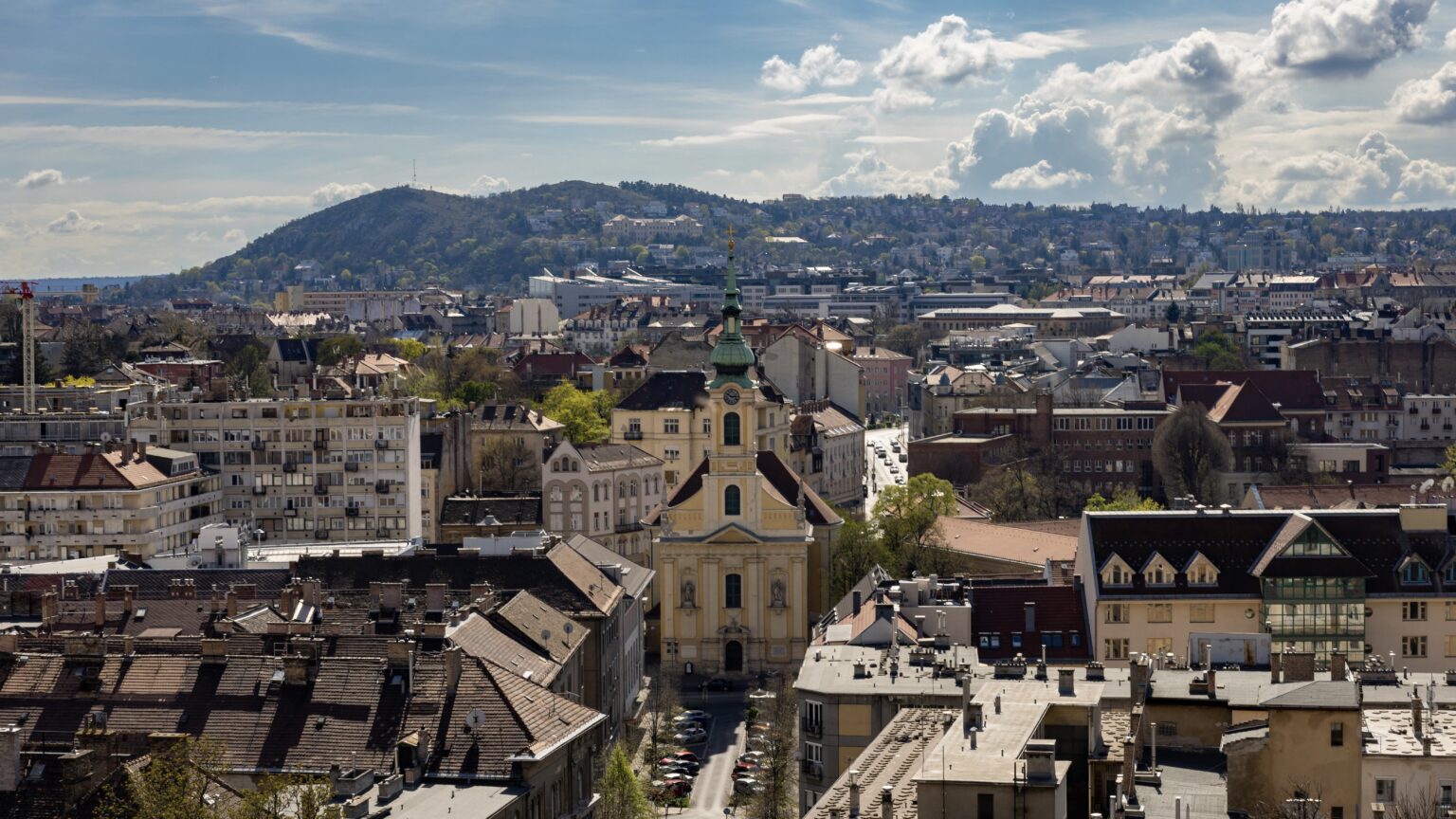
Visit Hungary has signed a cooperation agreement with China’s WeChat Pay to promote Hungary as a travel destination and improve digital payment options for Chinese tourists, creating a smoother and more connected travel experience from arrival to departure.

The 11th National Animation Celebration, held from 14–16 November, will focus on literary adaptations. With more than 500 participating venues across Hungary and beyond, the free festival celebrates the richness of Hungarian and international animation.
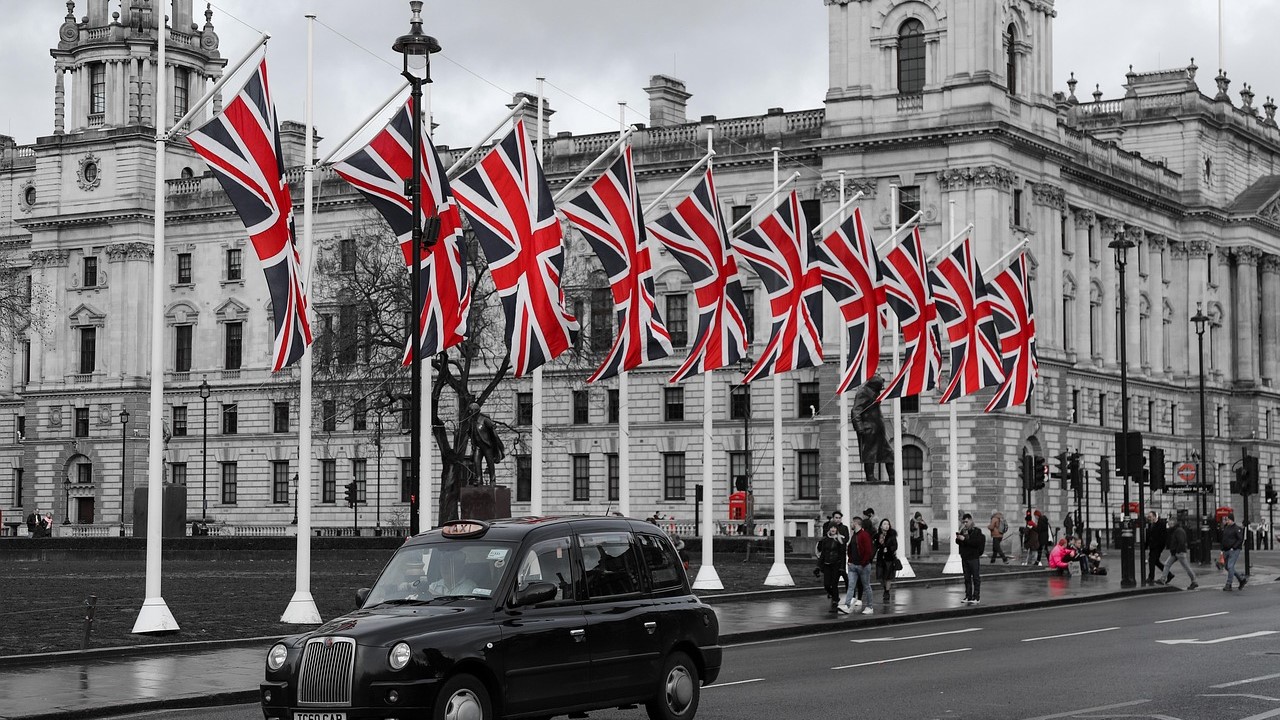
‘The demise of the great party owes itself in large part to a false interpretation of history. What Mrs Thatcher did was simply to act in the way the conditions of the time demanded.’
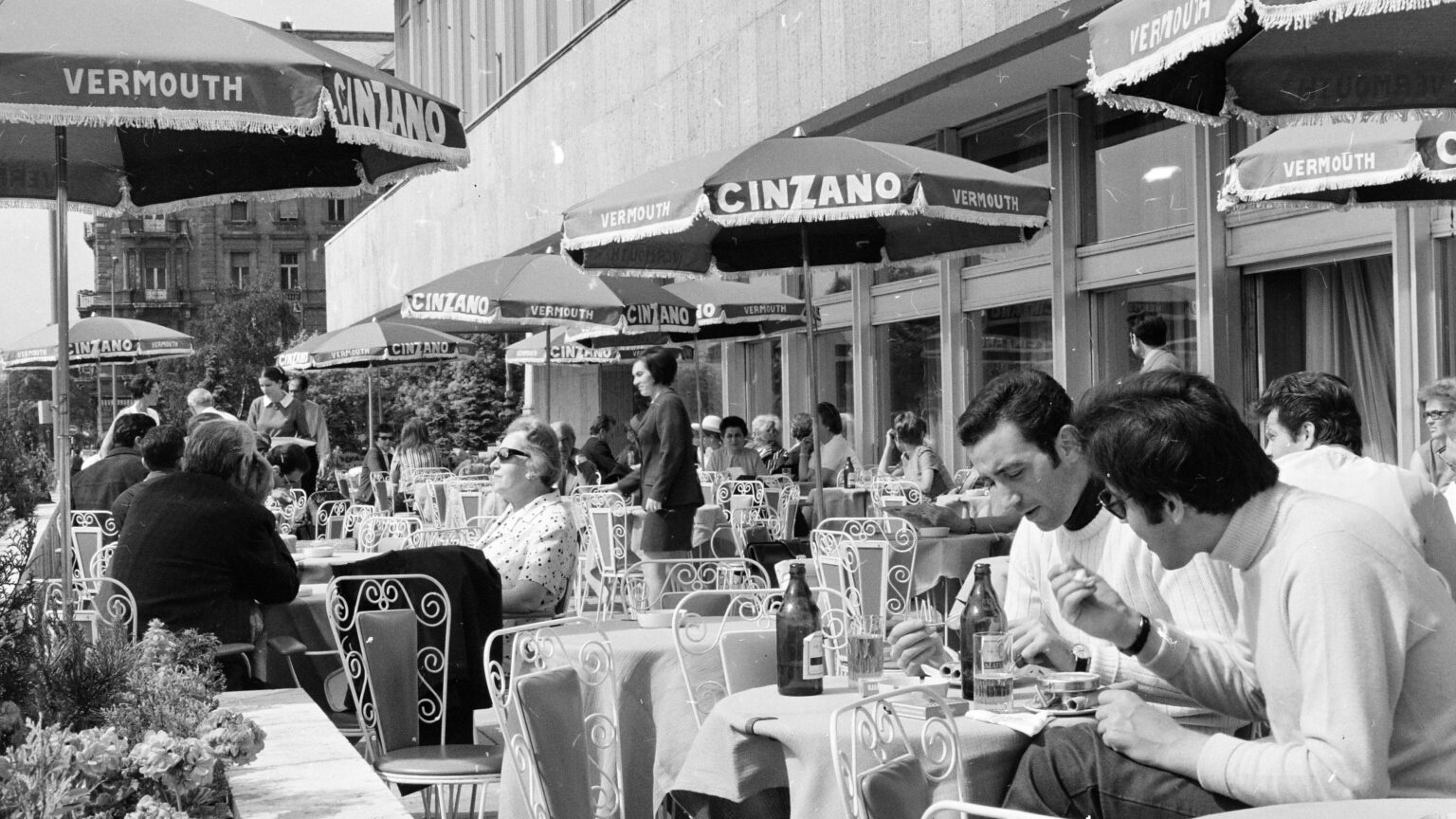
‘Carlos the Jackal was housed by the Hungarians as a Socialist internationalist duty, and was allowed by the Soviets to be in the Bloc as a sign of their carelessness about the world.’
‘Undoubtedly, the political and ecclesiastical situation in Hungary in the 11th century was not ripe for a politician who was not familiar with Hungarian conditions to ascend the throne…Without taking Hungarian conditions into account, Peter rashly attempted to transform the country into a Western-style kingdom, and in doing so, he was left to his own devices and failed.’

With Dániel Lukács of Puskás Akadémia and Zsombor Gruber of Ferencváros scoring their first ever national team goals, Hungary beat Armenia 2–0 in a crucial game in the 2026 FIFA World Cup qualifying campaign at home in Budapest. The red-white-and-greens have four points after three games in their group.
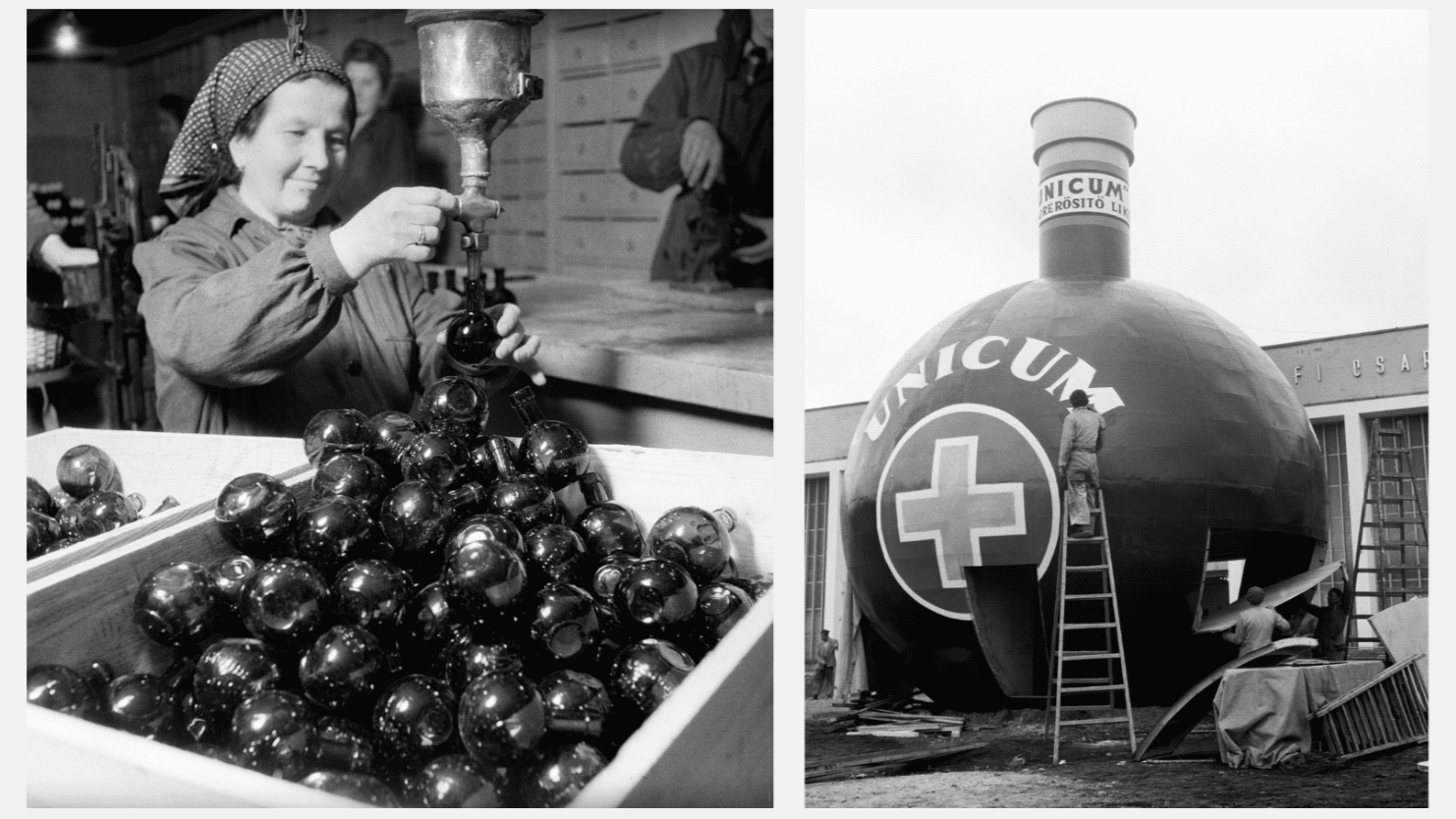
Here in Hungary, there are many popular foods, drinks, herbal preparations, liqueurs, and even sweets that have been shrouded in secrecy for decades or even centuries and whose exact recipes and methods of preparation are known only to a select few.
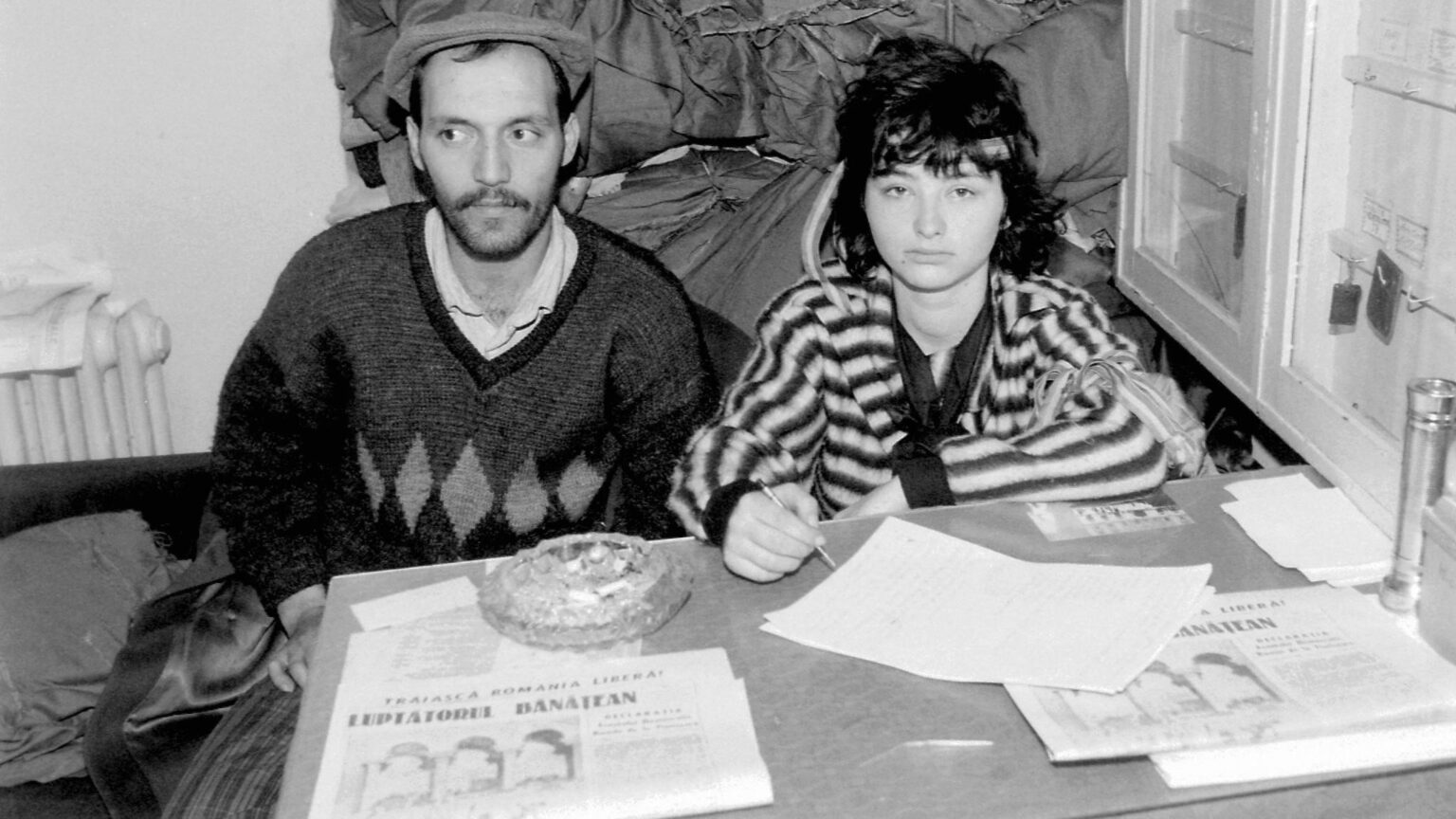
‘Taken together, the series offers a vivid snapshot of Brașov’s Hungarian community in the late socialist years…Yet one thing is conspicuously absent: the explicit acknowledgment that a Hungarian community existed at all…What emerged instead was a coded reality, in which familiar faces, schools, and cultural associations stood in for the community that could not be named.’

‘Despite its grandiose displays and ideological fervour, the Council Republic’s efforts in Buda Castle exposed the fragility and contradictions of revolutionary rule. Eventually, the events reveal how the conflict between radical ideals and human behaviour shaped both the promise and the pitfalls of early Hungarian communism.’

‘When that framework is attacked or discredited, society doesn’t become more tolerant: it becomes more fractured. National symbols, such as the flag, serve not to exclude but to unite. They are the visual shorthand for a shared story.’

Talking to Bloomberg Screentime, late-night show host Jimmy Kimmel has stated that he’d ‘love to have’ President Trump on his show. This is a surprising remark, given that he has spent the last nine years ridiculing the President, and was recently suspended for his statements about conservative activist Charlie Kirk’s assasination.

Budapest will host the next European Geothermal Congress in 2028, a recognition of Hungary’s growing leadership in renewable energy. The decision highlights the country’s achievements and commitment to sustainable geothermal development.
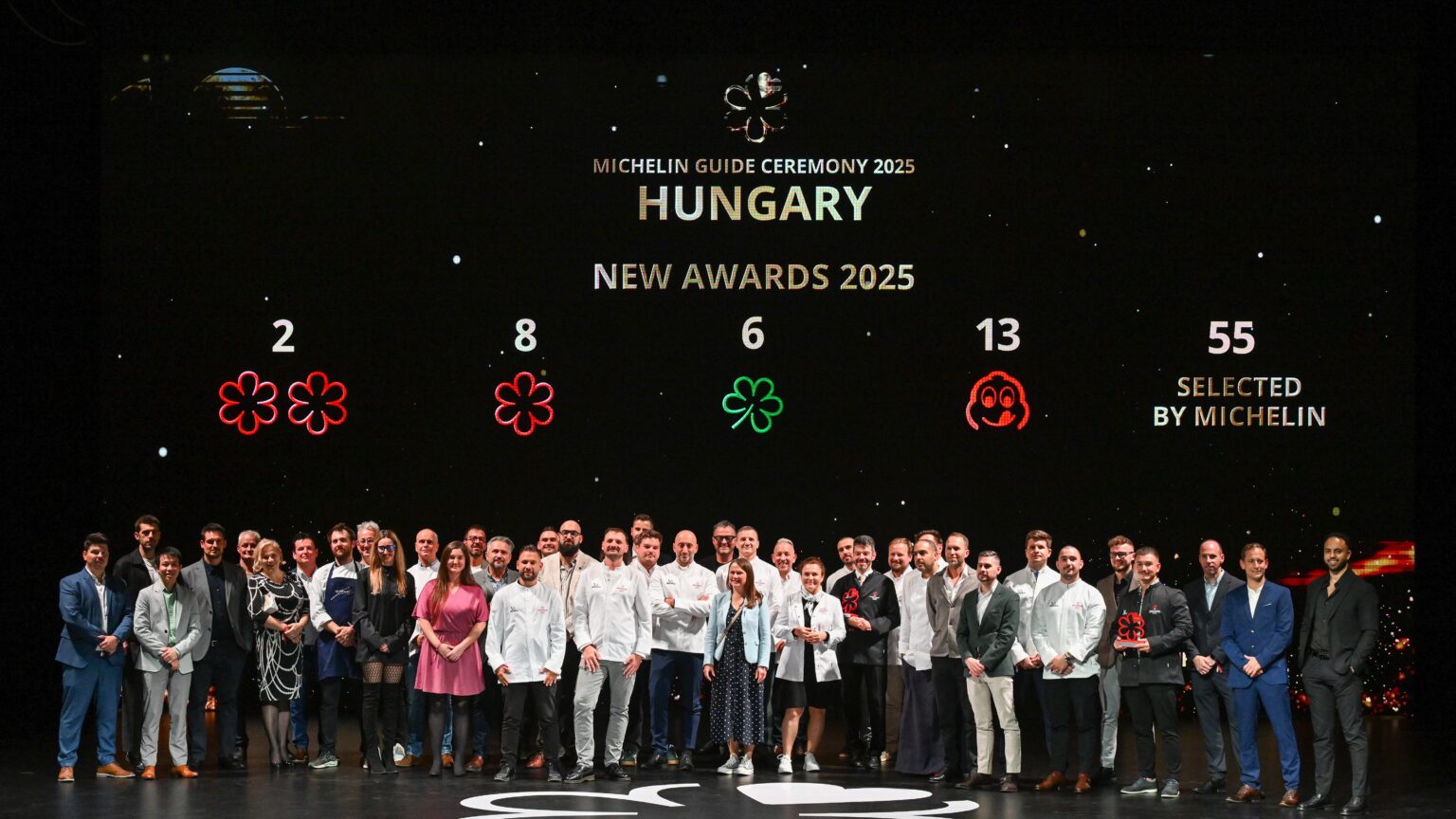
Ten Hungarian restaurants were awarded Michelin stars at the Budapest gala on Thursday night, reaffirming Hungary’s growing global culinary reputation. The Platán in Tata and the Stand in Budapest retained their two-star ratings.
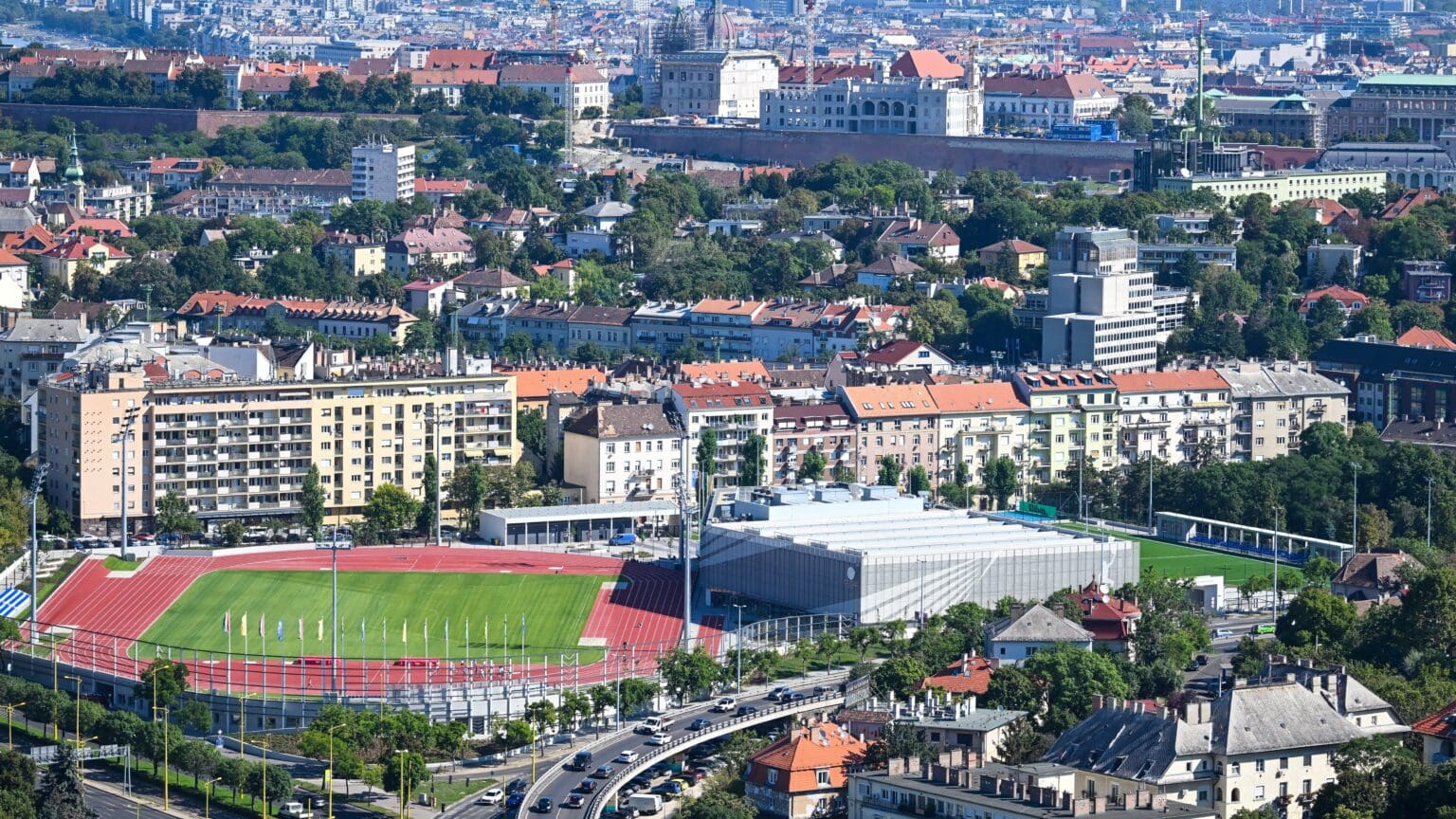
Hungarian universities have achieved higher positions in the latest global rankings, with Semmelweis University now among the world’s top 1 per cent. Minister Balázs Hankó praised the results and emphasized deepening US academic ties amid EU-related disputes.

As Hungary’s parliamentary elections approach, polls are becoming increasingly important. Beyond overall support rates, we can expect more heated debates about which social groups politicians have managed to reach and which they have not. In this context, we ask the question: What is the situation with young people?
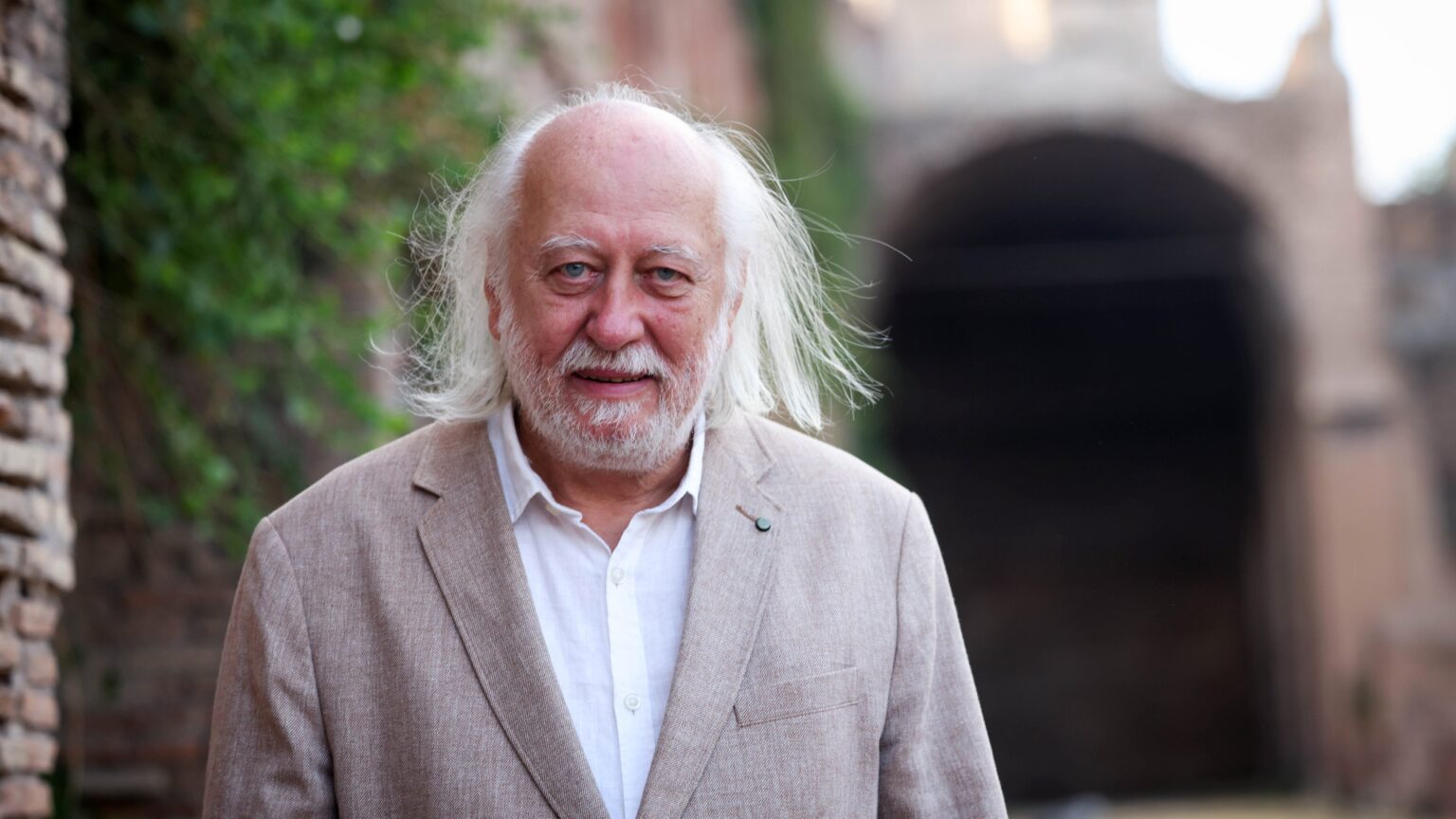
Hungarian writer László Krasznahorkai has been awarded the 2025 Nobel Prize in Literature, becoming the second Hungarian to receive the prestigious honour. Prime Minister Viktor Orbán congratulated him, calling Krasznahorkai a ‘pride of Hungary’.
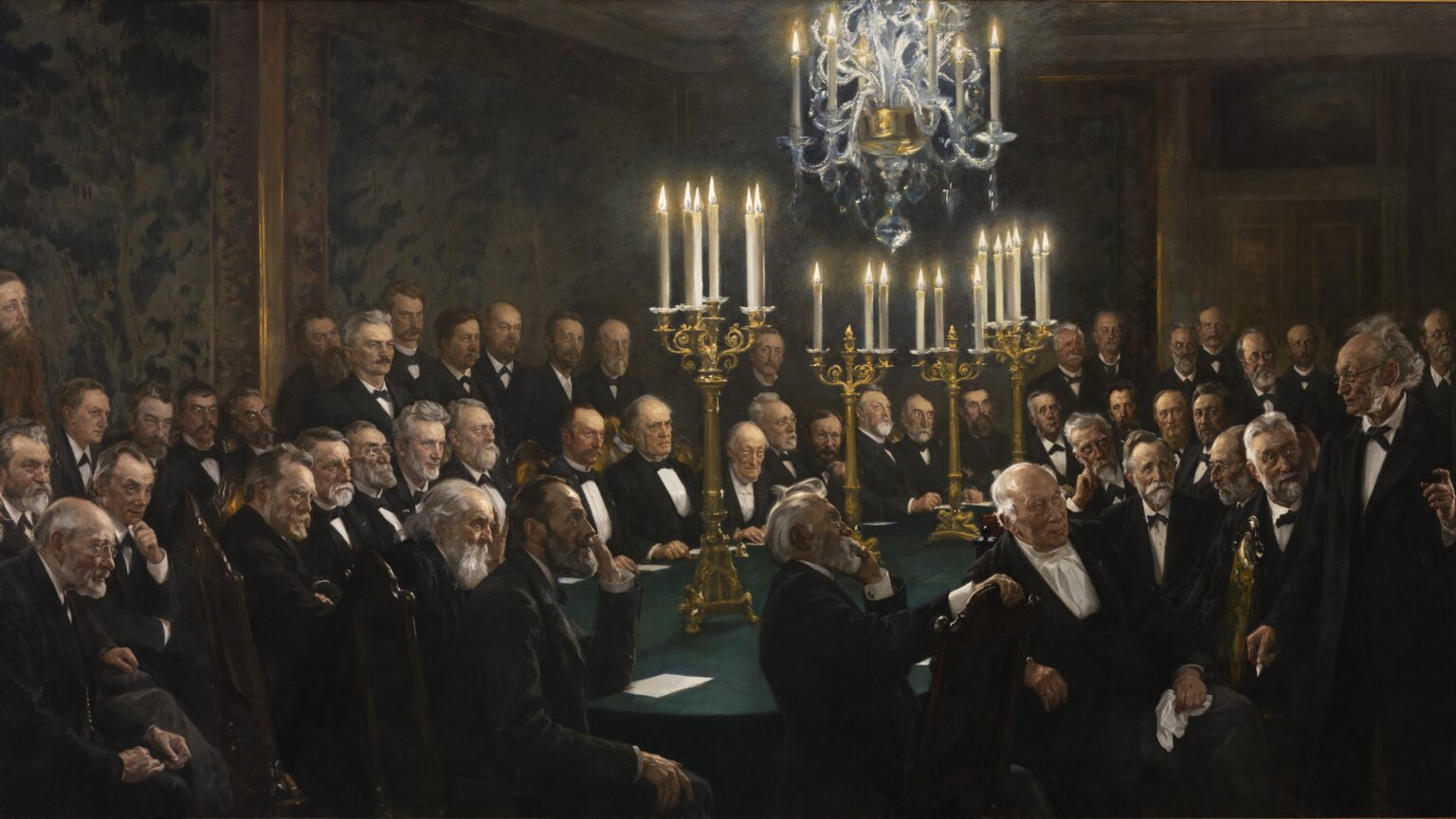
‘Whereas Augustine’s inner self pointed beyond itself to God, Rousseau’s pointed only inward. Conscience, no longer an echo of divine law, became the voice of the self. Politics, in turn, had to be remade in its image: the true will of the people was nothing less than the collective expression of each individual’s inner authenticity.’
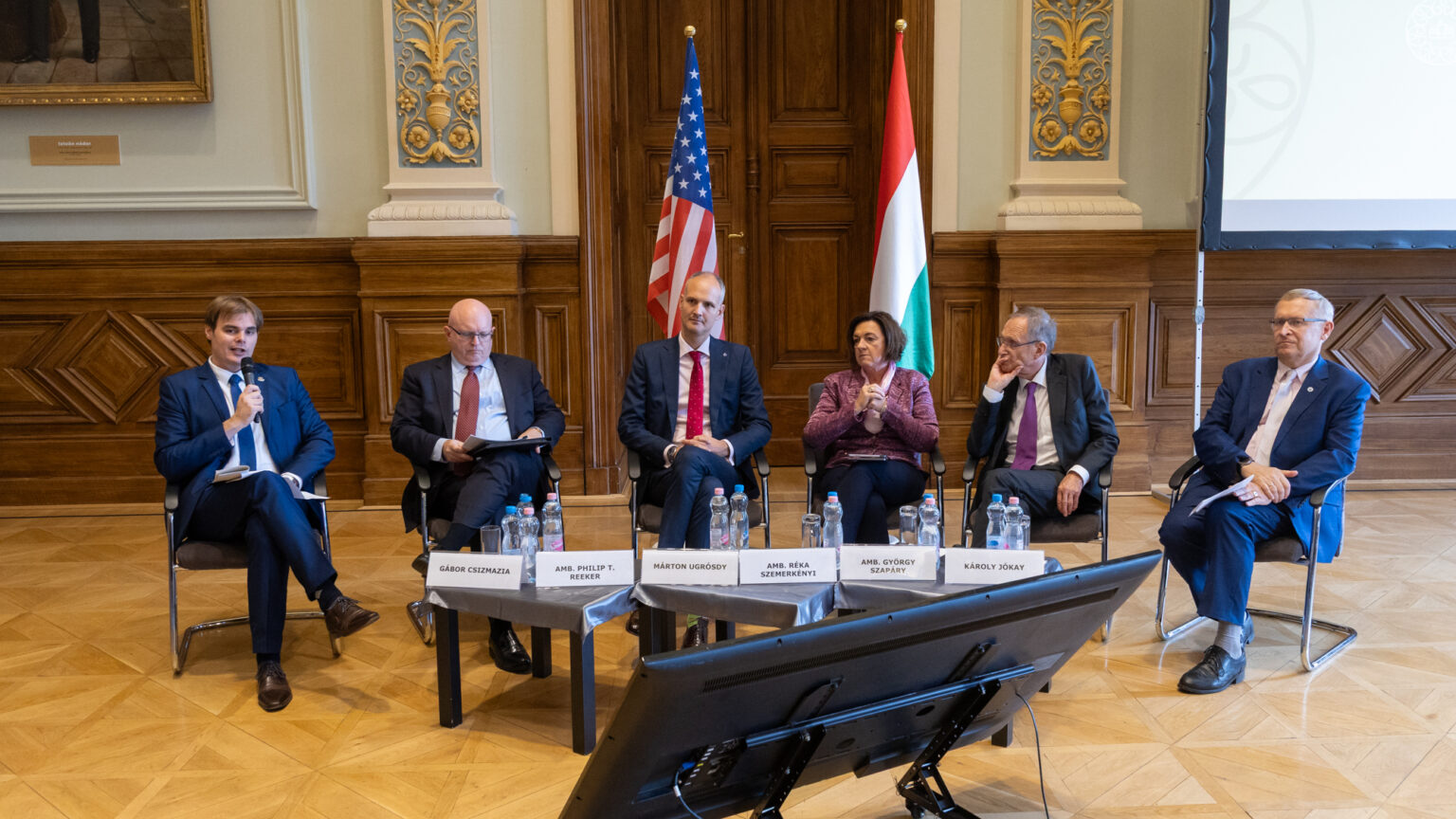
At Ludovika University, experts including former Ambassador Réka Szemerkényi and former US Assistant Secretary Philip T Reeker discussed the present and future of US–Hungary relations. Topics included strong historical ties, NATO cooperation, economic partnerships, and shared values. Panels also addressed investment, the war in Ukraine, and cultural exchange programmes.
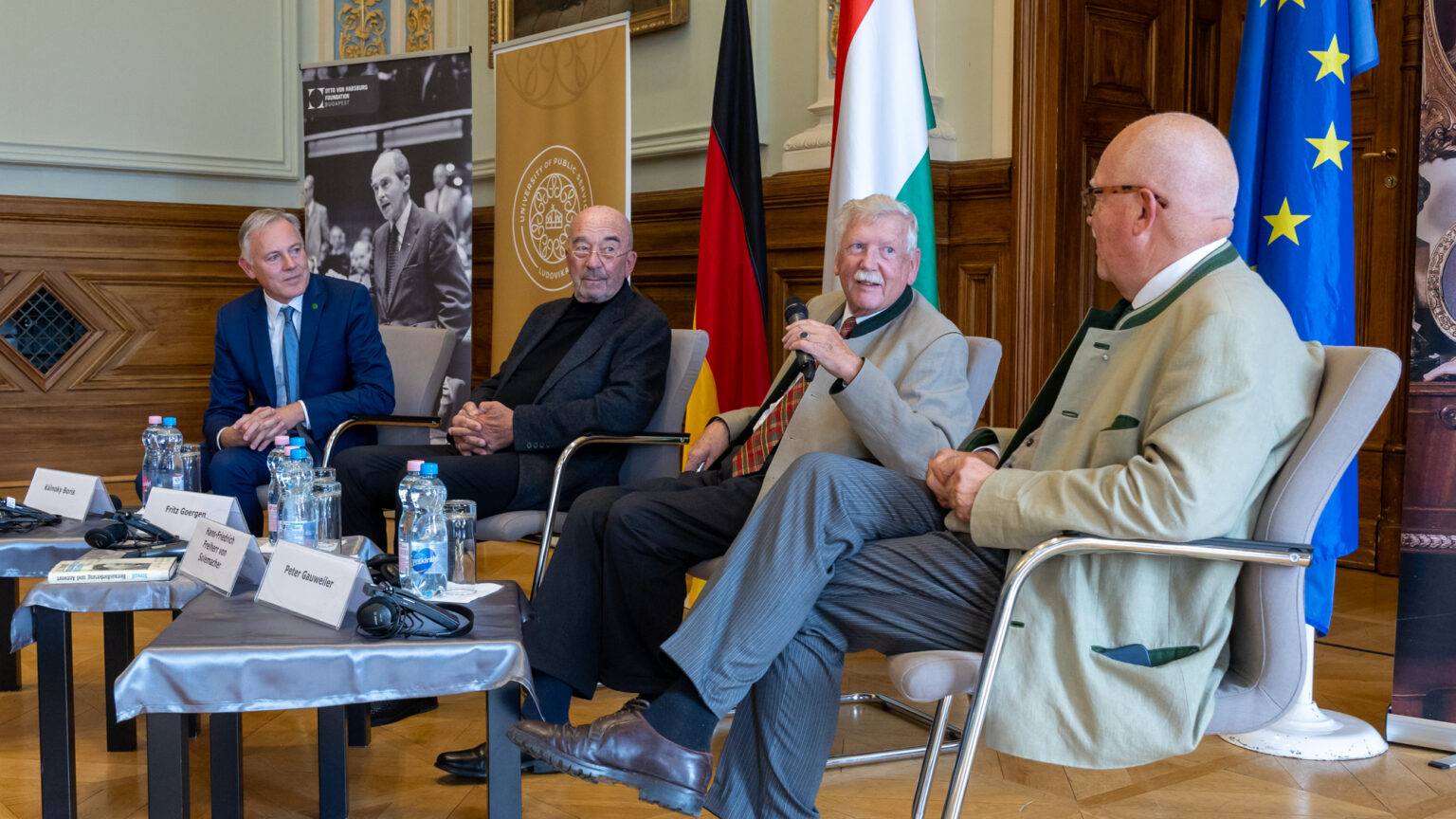
The 110th anniversary of Franz Josef Strauss’s birth was commemorated in Budapest with a conference organized by the National University of Public Service and the Otto von Habsburg Foundation. Speakers stressed the Bavarian leader’s vision of subsidiarity and his relevance for today’s debates on sovereignty and European cooperation.

Hungarian teachers are increasingly satisfied with their working conditions and enjoy growing professional autonomy, according to the 2024 OECD TALIS survey. The study highlights fewer disciplinary problems, stronger mentorship programmes, and improved teacher evaluation.

Eric Clapton, one of rock’s greatest guitarists, is heading back to Budapest after 20 years. The 80-year-old music icon will play the MVM Dome on 2 May 2026, his first Hungarian concert since 2006, as part of a European tour following his successful US run.
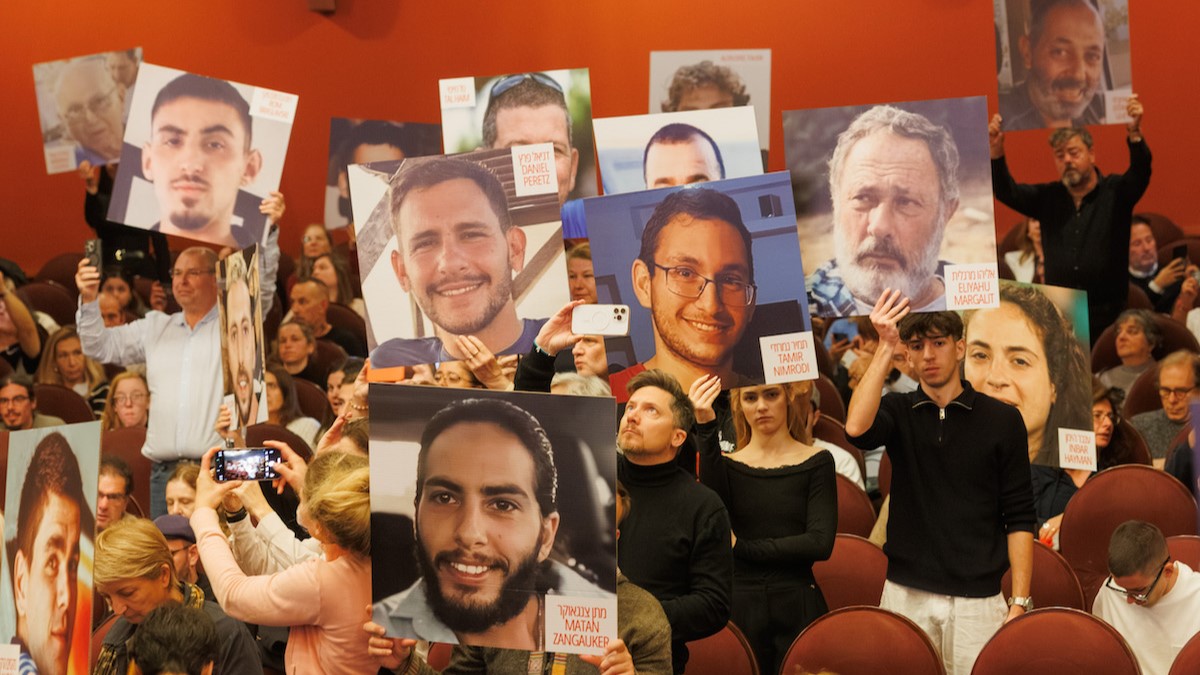
‘They joined the Nova Festival to celebrate. When the Hamas assault began, they narrowly escaped tragedy: they ignored police instructions to head toward the Re’im base—one of the first sites overrun by terrorists…they instead drove in the opposite direction. Their car came under heavy fire, bullets striking the vehicle repeatedly, but miraculously, they reached another army base…’

A new survey by Hungary’s National Media and Infocommunications Authority (NMHH) shows that communication and media studies remain among the most popular university majors, with half of students planning careers in PR or marketing and only a quarter eyeing online journalism.
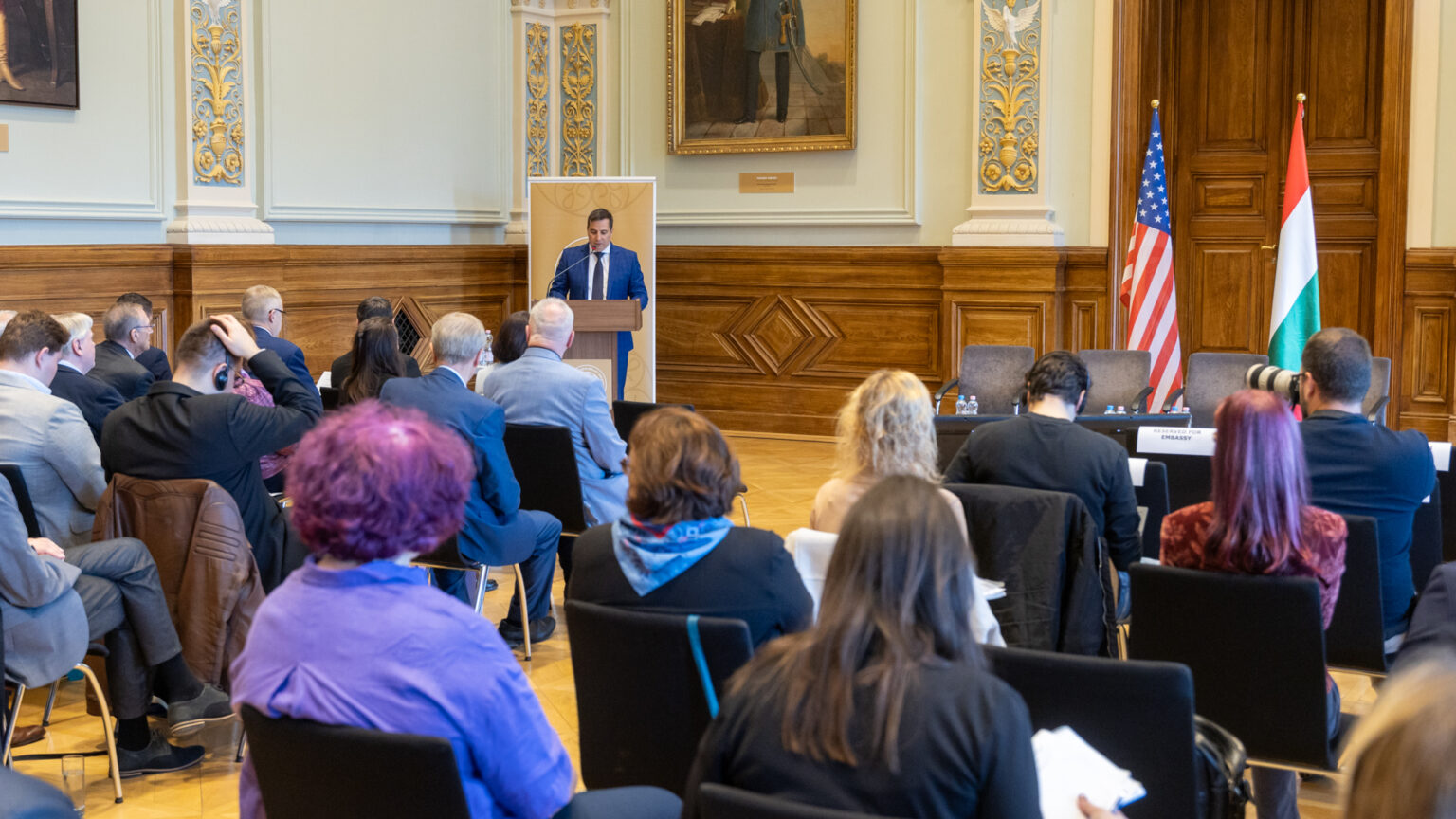
The 100th anniversary of the Treaty of Friendship, Commerce and Consular Rights between Hungary and the United States was marked with a commemorative event at the Ludovika University of Public Service. Speakers included Rector Gergely Deli, US Chargé d’Affaires Robert Palladino, and State Secretary for Bilateral Relations at the Ministry of Foreign Affairs and Trade Boglárka Illés.

Nóra Lakos’s family film I Accidentally Wrote a Book collected seven international awards over the weekend in Germany, Poland, and Denmark, further cementing its status as Hungary’s most successful live-action family movie in decades.
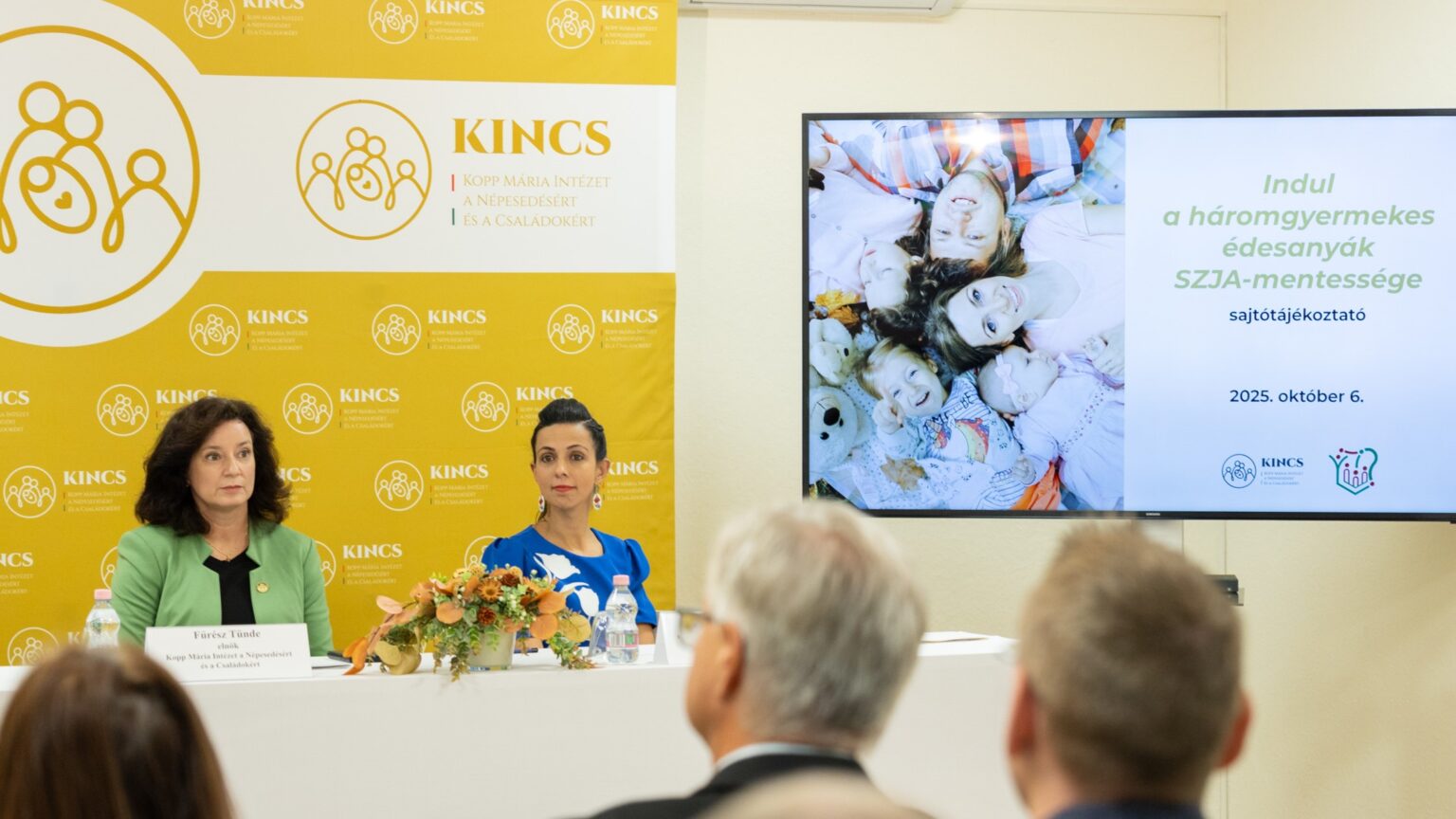
Hungary has launched a landmark tax exemption for mothers of three children, ending their personal income tax burden permanently. The government hails it as a family policy revolution, while critics dismiss it as electioneering—State Secretary Zsófia Koncz shared details about the measure at a press conference on 6 October.